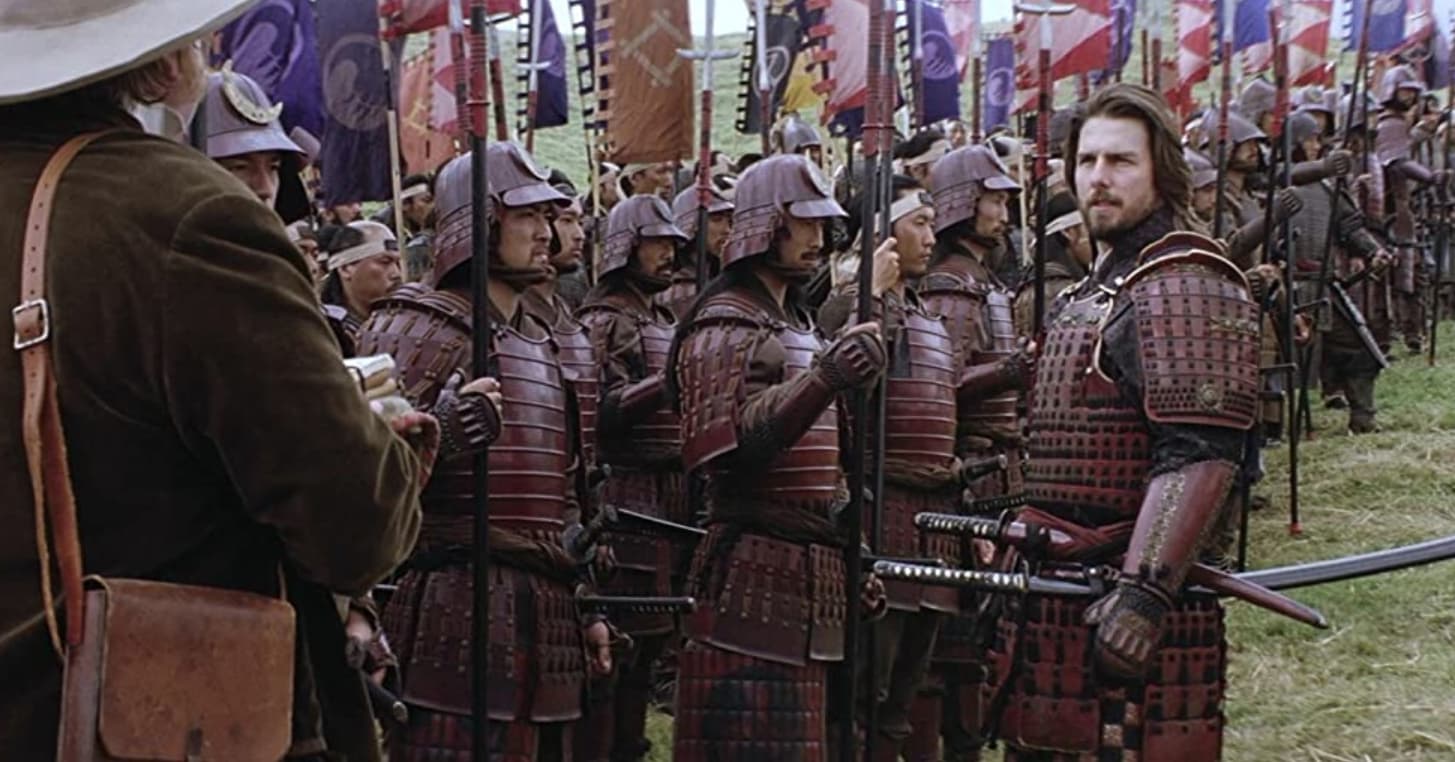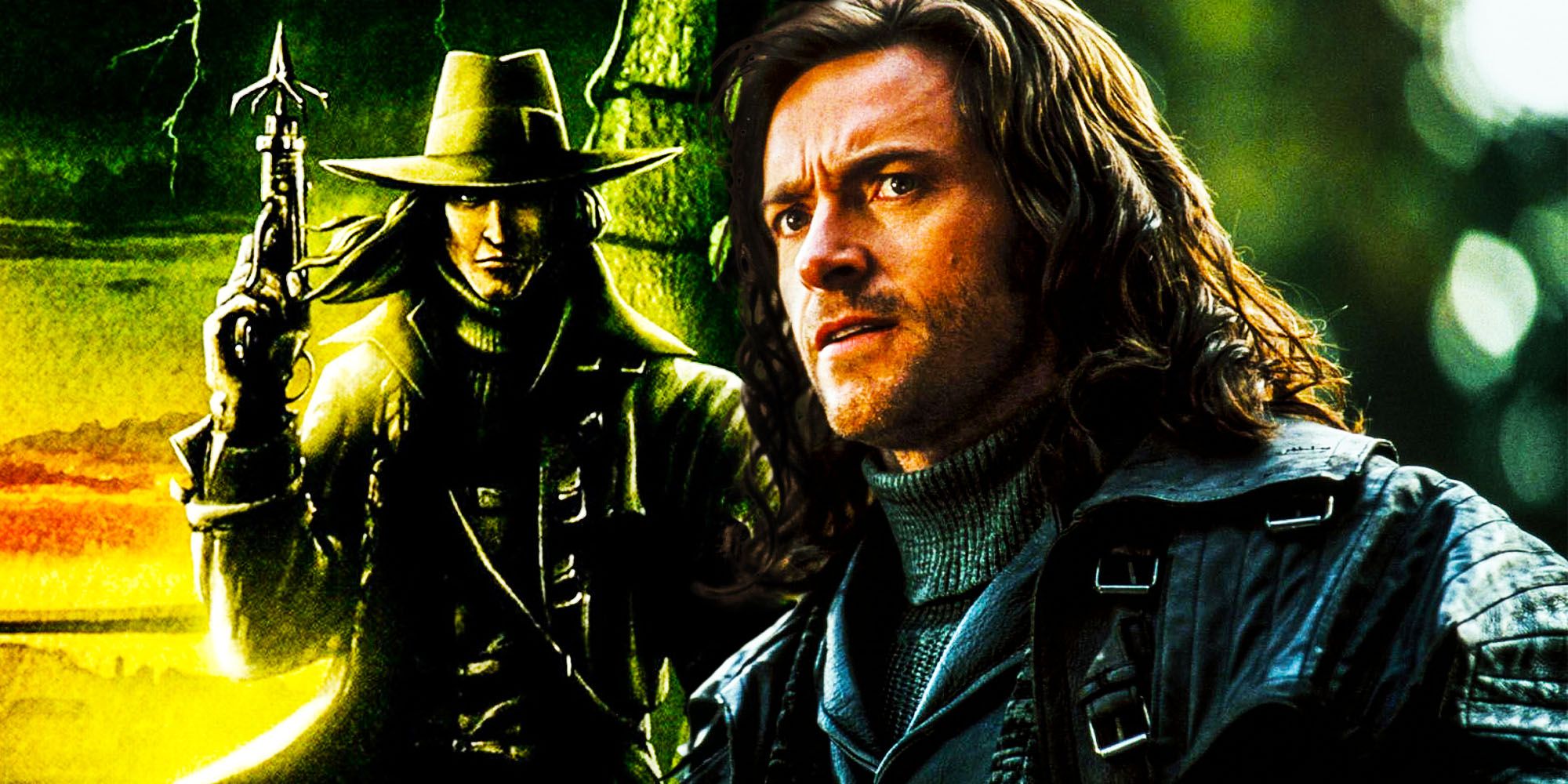The Last Samurai (2003), directed by Edward Zwick and starring Tom Cruise and Ken Watanabe, is a sweeping historical epic set in 19th-century Japan during a time of violent cultural transition. The film explores the clash between tradition and modernity, and the personal transformation of a man caught between two worlds.
Tom Cruise plays Captain Nathan Algren, a disillusioned American Civil War veteran haunted by his past. Hired by the Japanese government to train its army in Western warfare, Algren travels to Japan to help suppress a rebellion led by the last remaining samurai, who resist the forced modernization and loss of ancient values.
During a failed battle, Algren is captured by the samurai and brought to a remote mountain village led by Katsumoto (Ken Watanabe), a noble warrior and poet who lives by the strict code of bushido—honor, discipline, and loyalty. As the seasons pass, Algren begins to understand the samurai way of life. Through discipline, humility, and reflection, he rediscovers his sense of purpose and begins to question everything he once believed in.

At the heart of The Last Samurai is the deep respect that grows between Algren and Katsumoto—two warriors shaped by war but bound by honor. Their relationship is central to the film’s emotional core, as is Algren’s slow integration into the community that once viewed him as an enemy. The cinematography beautifully captures the serene landscapes of Japan, contrasting the quiet dignity of the samurai with the chaos and brutality of modern warfare.
Ken Watanabe delivers a powerful performance as Katsumoto, balancing strength and wisdom with sorrow for the vanishing world he fights to preserve. Tom Cruise gives a surprisingly restrained and thoughtful performance, shedding his typical action-hero persona to portray a man grappling with guilt and transformation.
The film builds to a tragic and heroic climax, where honor is chosen over survival, and the old world gives way to the new—not with bitterness, but with dignity. It’s a reflection on the cost of progress and the enduring value of integrity and tradition.
The Last Samurai is more than a historical drama—it’s a story about redemption, identity, and the human spirit’s ability to evolve without forgetting where it came from. With its emotional depth, majestic score, and philosophical heart, it remains a moving tribute to the soul of the samurai.





